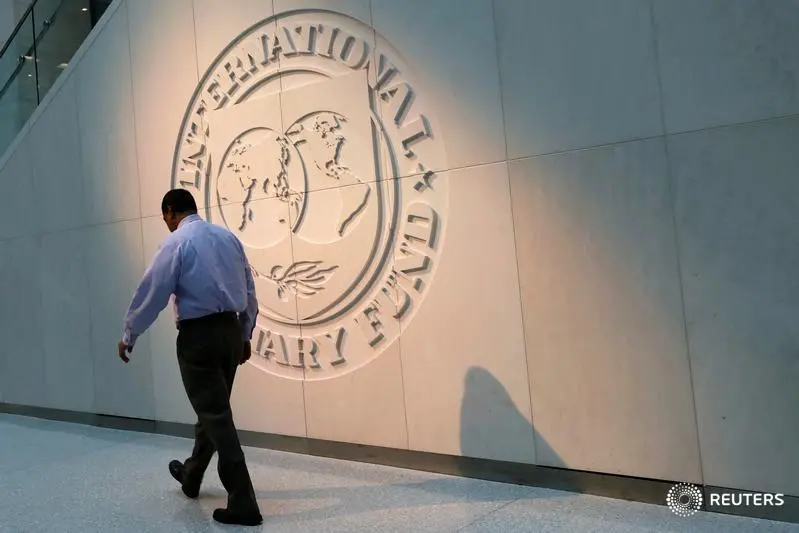PHOTO
Pakistan will be required to give an assurance that its balance of payments deficit is fully financed for the remaining period of an International Monetary Fund (IMF) programme, the lender's resident representative said.
The external financing is one of the last in a string of prior actions the lender wants Islamabad to complete before it clears funding stalled since late last year, Esther Perez Ruiz told Reuters in an e-mailed response on Monday.
The funding is critical for the South Asian economy, which is facing a balance of payments crisis, with its central bank foreign exchange reserves dropping to levels barely able to cover four weeks of imports.
Pakistan hopes to sign a staff level agreement with the IMF this week after over a month of negotiations to settle policy framework issues aimed at curtailing the fiscal deficit ahead of the annual budget around June. The IMF has not given any timeline.
Pakistan has completed almost all of the prior actions except for the external financing requirement the IMF wanted before clearing $1.1 billion in disbursements under the $6.5 billion Extended Fund Facility agreed in 2019. The programme ends in June.
"All IMF programme reviews require firm and credible assurances that there is sufficient financing to ensure that the borrowing member's balance of payments is fully financed ... over the remainder of the programme. Pakistan is no exception," Ruiz said.
Finance Minister Ishaq Dar had said last week that the external financing assurance was not one of the IMF's conditions for clearance of the funding.
He said Pakistan needed $5 billion external financing for the balance of payments deficit in the fiscal year ending June 30, adding the IMF believed it should be $7 billion.
Longtime ally China is the only country that has so far committed a refinancing of $2 billion. Out of that $1.2 billion has already been credited to Pakistan's central bank.
DAMAGING FOR PAKISTAN
Ruiz said that the difference in foreign exchange rates between the open and informal markets has been very damaging for Pakistan, resulting in shortages of foreign exchange and consequently imported goods.
"The exchange rate has moved significantly in recent days, which has narrowed the informal FX market premium bringing the rates closer together in a similar way to that seen around January 26. This should result from the unconstrained operation of the foreign exchange rate market," she added.
On Jan. 25, foreign exchange companies removed a cap on the currency, saying it caused "artificial" distortions for an economy in desperate need of IMF help. As a result, the rupee is down more than 15% since the cap was lifted.
Ruiz added that a permanent power surcharge on consumers was also among measures planned by Pakistani authorities to address energy sector debt.
"The power sector CD [circular debt] flow for FY23 is expected to largely overshoot expectations under the EFF-supported program by a sizable margin due to a significant under-collection from delays in regular tariff adjustments, declining recovery rates, and unbudgeted subsidies," she said.
Ruiz added that preventing further CD arrears was vital to ensure the viability of the energy sector and enhance energy provision. (Reporting by Ariba Shahid in Karachi; Writing and reporting by Asif Shahzad in Islamabad; Editing by Kim Coghill, Raju Gopalakrishnan and Emelia Sithole-Matarise)





















